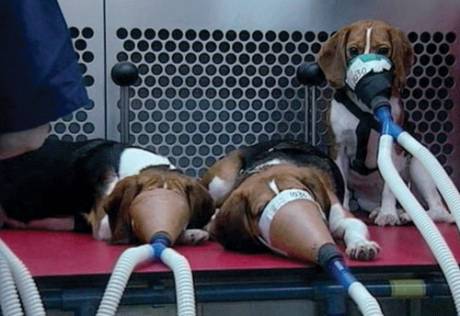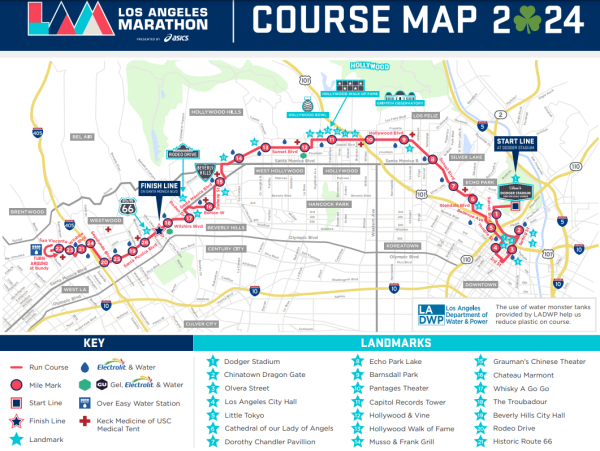USDA Protects Animal Abuse

Because of the USDA, now animals can be abused without the public knowing. Photo courtesy of OccupyForAnimals
March 7, 2017
In the first week of February, without notice, the US Department of Agriculture removed animal welfare records from their website. These records are inspection reports on places like commercial dog breeding, animal-testing laboratories, and walking horse shows. Using these documents, animal welfare organizations are able to find out if animals are being severely neglected, and then use this information to protect these animals.
However, an abrupt decision of the USDA led to chaos and frustration among animal lovers. By censoring these reports on places notorious for animal cruelty, the public is denied access to know how animals are being harmed. Thus, these places of animal cruelty can be “abused behind closed doors [and] killed without scrutiny.” It is under the Animal Welfare Act, passed in 1966, that the people are allowed to see animal cruelty reports.
And yet, soon after Donald Trump’s presidential election, the USDA ignored the AWA and proceeded to withhold this information to the public. After this unexpected and contemptible act to protect animal abusers, several animal organizations like the Humane Society were quick to respond. Creating petitions, arousing the public’s attention, and filing lawsuits, thousands of people gathered to share their disappointment and outrage against the USDA’s doing.
Some examples of cases that were previously on the website were as follows:
Puppy Mills
You may not know what a puppy mill is, but you’ve probably seen or even visited a pet store, such as in the mall. Almost all pet store puppies come from cruel breeding facilities; this is called the puppy mill industry. Although some people have been kept in the dark of the horrors behind the cute and “perfectly bred” facade of pet store puppies, reports of puppy mills help animal rescue organizations to bring exposure into this cruelty.
Puppy mills are commercial dog-breeding facilities, where they completely neglect the welfare of the dogs. The dogs are kept in cramped, filthy, and poor settings with no food/water, no vet care, and no interaction with the outside world. Jenna Weitzman (10) says, “As an owner of two rescue dogs, I know how important it is for dogs to be saved from cruel situations.” Some have never stepped foot into grass; rather, they are deprived of basic necessities for the sole purpose of the breeders creating the “perfect” breed of dog to make a profit off of.
Animal Testing Laboratories
In the United States alone, each year over 100 million animals are tested on in laboratories, including mice, rabbits, dogs, and cats. The neglect and treatment here exhibit extreme cases of animal distress, not limited to poisoning, burning, shocking, and injuring the animals. With the protection of this new USDA adjustment, animals such as beagles can now be tested on, to a frighteningly large extent, since they would be free from societal pressures because no one would know about it.
Horse Soring
Soring is a painful process that trainers do to horses, to make the horses perform in a certain way of walking. Applying toxic chemicals on their hooves cause severe pain for the horse to step normally, which results in a gait where the horses trot in an unnatural manner. The aftereffect of the chemicals does not end there; the chemicals continue to aggravate the horse and leave them in immense pain and suffering. Though this practice has been banned, groups like the Tennessee “Big Lick” continue to do this, and they will be able to continue with it if the USDA leaves their website censored.
To contribute your voice to continuing the protection of animals, you can reach out to your local representatives to express your opposition. Additionally, you can visit the Humane Society’s website to add your name to their petition list
<https://secure.humanesociety.org/site/Advocacy?cmd=display&page=UserAction&id=7303&s_src=blog_post_020617_id8766|web_hpbb_021717_d_id93480558>.






















Lynn Dovidio • Mar 8, 2017 at 3:29 PM
Please put these websites back up only we can protect these animals it is not fair to allow such cruelty to go on.